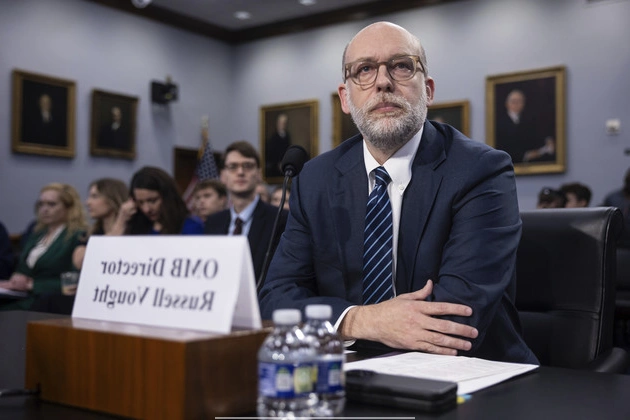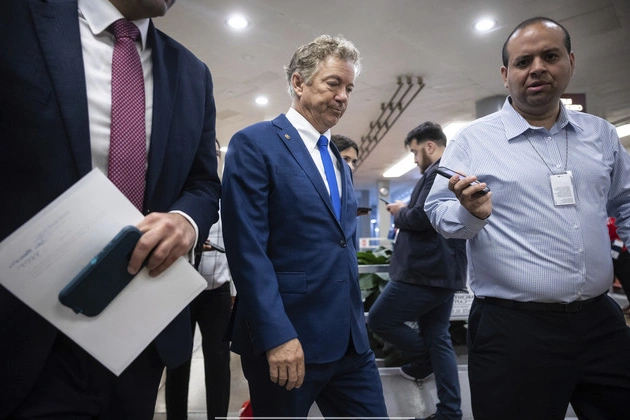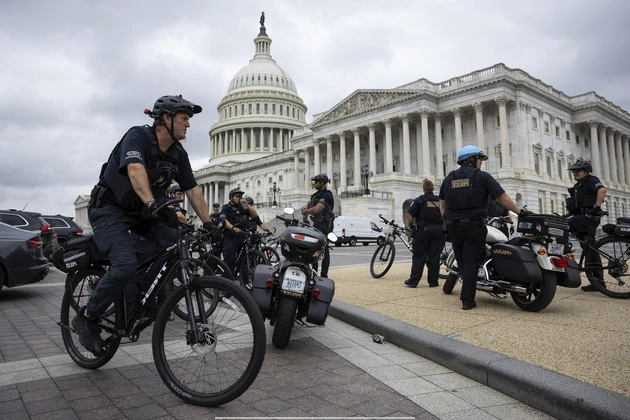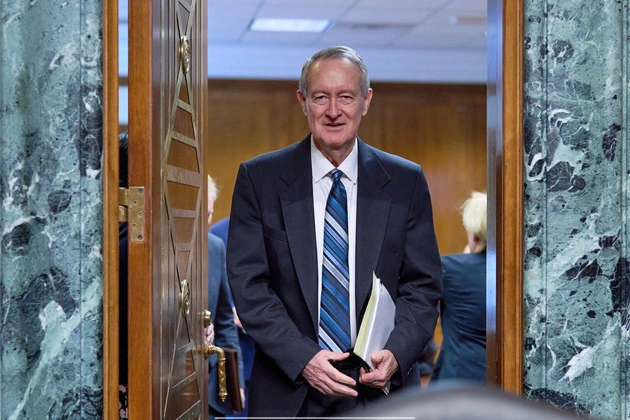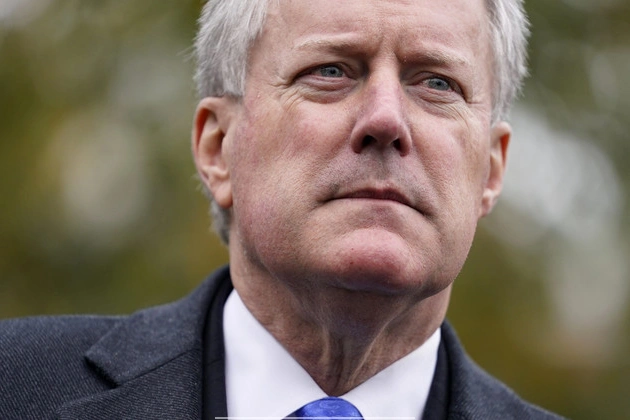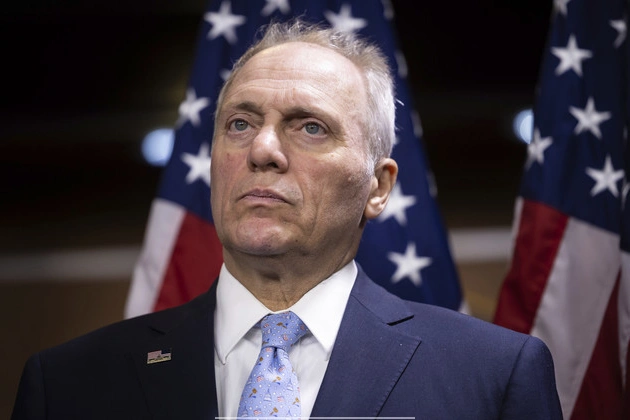
Democrats are strategically addressing the issue of egg prices in light of the ongoing Avian flu outbreak and the recent closure of the U.S. Agency for International Development (USAID). This scenario poses a significant challenge for the Trump administration, especially considering the surge in egg prices following his reelection.
The Avian Flu Outbreak and Egg Price Surge
Since Trump’s victory in November, the price of eggs has remained high due to the Avian flu outbreak, which began in 2022 and worsened towards the end of 2024. The impact of this outbreak has been felt across various sectors, including the food industry. Popular establishments like Waffle House have even resorted to implementing surcharges to cope with the egg shortage.
Democrats’ Response and Concerns
Democrats are seizing this opportunity to connect with voters by highlighting the repercussions of Trump’s decision to defund USAID. By drawing attention to the link between bird flu outbreaks and rising egg prices, they are questioning the rationale behind dismantling an agency responsible for monitoring such global health crises.
Sen. Elizabeth Warren criticized the administration’s approach, pointing out the contradiction between escalating egg prices and the proposal to shut down USAID. This shift in focus marks a reversal from the 2024 campaign, where Republicans, including Vice President JD Vance, criticized Democrats for inflation, specifically targeting egg prices.
Trump’s Limited Influence on Egg Prices
Despite the emphasis on egg prices during the campaign, the president’s ability to directly impact this issue is constrained. Democrats are quick to point out this discrepancy and are capitalizing on challenging Trump on a topic he previously emphasized when not in office.
The Road Ahead: Political Narratives and Policy Directions
As the debate over egg prices intensifies, projections indicate a further 20% increase in 2025. Trump’s executive order focused on deregulation as a cost-cutting measure, but the immediate effect on prices remains uncertain. The administration is cautious about setting unrealistic expectations regarding immediate price reductions.
The blame game between the current and previous administrations continues, with differing views on the primary factors driving inflation. While the White House shifts responsibility to past policies, Democrats remain skeptical of the administration’s strategies.
USAID Controversy and Impact on Egg Prices
The recent restructuring of USAID and the removal of its autonomy have raised concerns about the implications for global health efforts, particularly in combating diseases like bird flu. Democrats argue that shutting down vital programs will only exacerbate the issue of high egg prices, emphasizing the need for a coordinated response to such health threats.
While the political rhetoric escalates, the underlying challenge of balancing economic interests with public health concerns remains unresolved. The fate of egg prices intertwines with larger policy decisions and international health initiatives, shaping the narrative for future political discourse.






